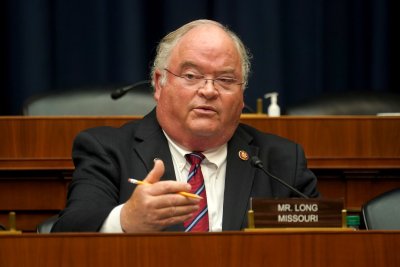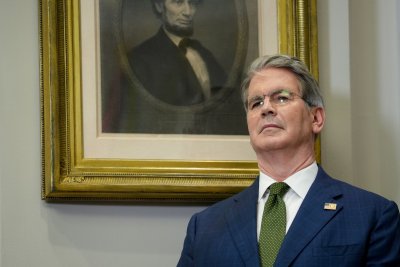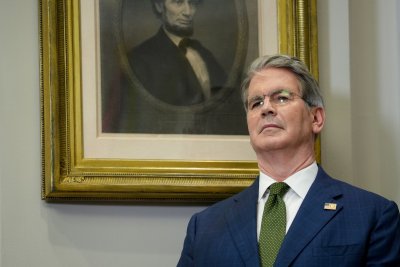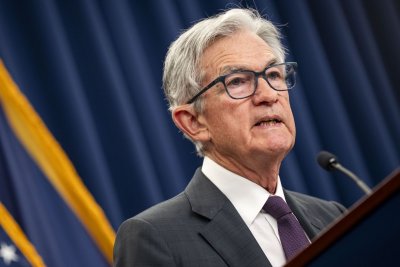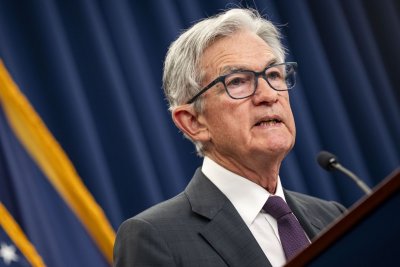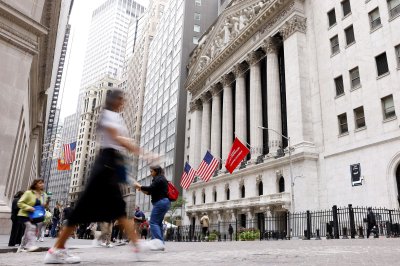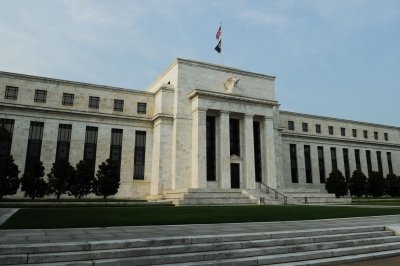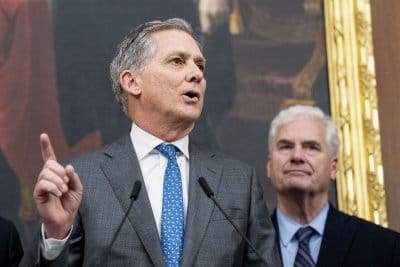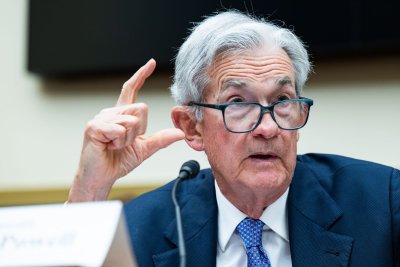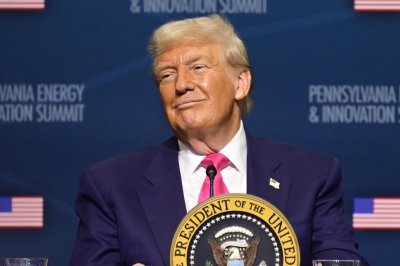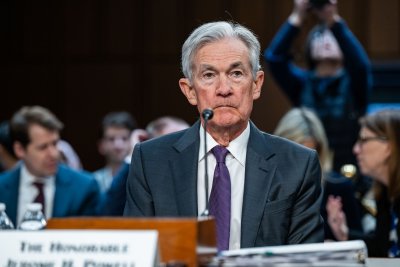Fed Gov. Bowman wants three interest rate cuts in 2025
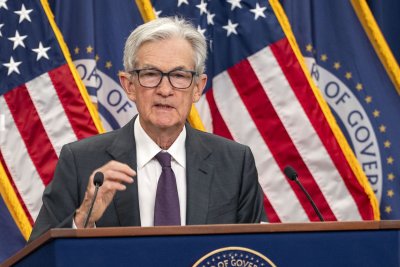
Aug. 9 (UPI) — The Federal Reserve has not approved an interest rate cut since before the Nov. 5 election, but one of its governors said she wants three rate cuts this year.
Federal Reserve Gov. Michelle “Miki” Bowman dissented from the Federal Open Market Committee’s decision last week to maintain the current Fed rate of between 4.25% and 4.5%, she said on Saturday.
She said “signs of fragility in labor market conditions” caused her to support gradually lowering the Federal Reserve’s interest rate with three successive reductions, starting in July.
“Economic conditions appeared to be shifting,” Bowman said. “As a result, we should reflect this shift in our policy decisions.”
Bowman said, “Inflation has moved considerably closer to our target, after excluding temporary effects of tariffs, and the labor market has remained near full employment.”
“With economic growth slowing this year and signs of a less dynamic labor market becoming clear,” Bowman explained, “I see it as appropriate to begin gradually moving our moderately restrictive policy stance toward a neutral setting.”
“Taking action at last week’s meeting would have proactively hedged against the risk of a further erosion in labor market conditions and a further weakening in economic activity,” she added.
Bowman said the nation’s economy “has been resilient” this year, but consumer spending has eased, while “residential investment” has declined.
“Consumer spending on both goods and services has risen only modestly, reflecting slow gains in disposable personal income, lower levels of liquid savings and high credit card utilization,” Bowman continued.
She cited weakened housing demand that has reached a level that hasn’t been seen since the Great Recession.
“Housing activity has declined, including in single-family home construction and sales, as listings of homes for sale are growing and house prices are falling,” Bowman explained.
The nation’s employment-to-population ratio also has declined significantly so far this year, which she said suggests labor market conditions are softening.
“Payroll employment growth slowed sharply to only 35,000 jobs per month over the three months ending in July,” Bowman said.
“This is well below the moderate pace seen earlier in the year, likely due to a significant softening in labor demand,” she added.
Bowman also said President Donald Trump‘s tariff policies will not “present a persistent shock to inflation” because price-stability risks have eased.
Bowman made her comments while addressing the Kansas Bankers Association’s 2025 CEO & Senior Management Summit in Colorado Springs, Colo., on Saturday.
She is one of seven Federal Reserve governors who serve 14-year terms after being nominated by the president and confirmed by the Senate.
Bowman and Federal Reserve Gov. Christopher Waller both dissented when the Federal Reserve voted to maintain the current interest rates in July.
It was the first time in more than three decades that two Federal Reserve governors dissented from the majority decision, according to MarketWatch.
Trump appointed Bowman and Waller to the Federal Reserve in 2018 and 2020, respectively.

